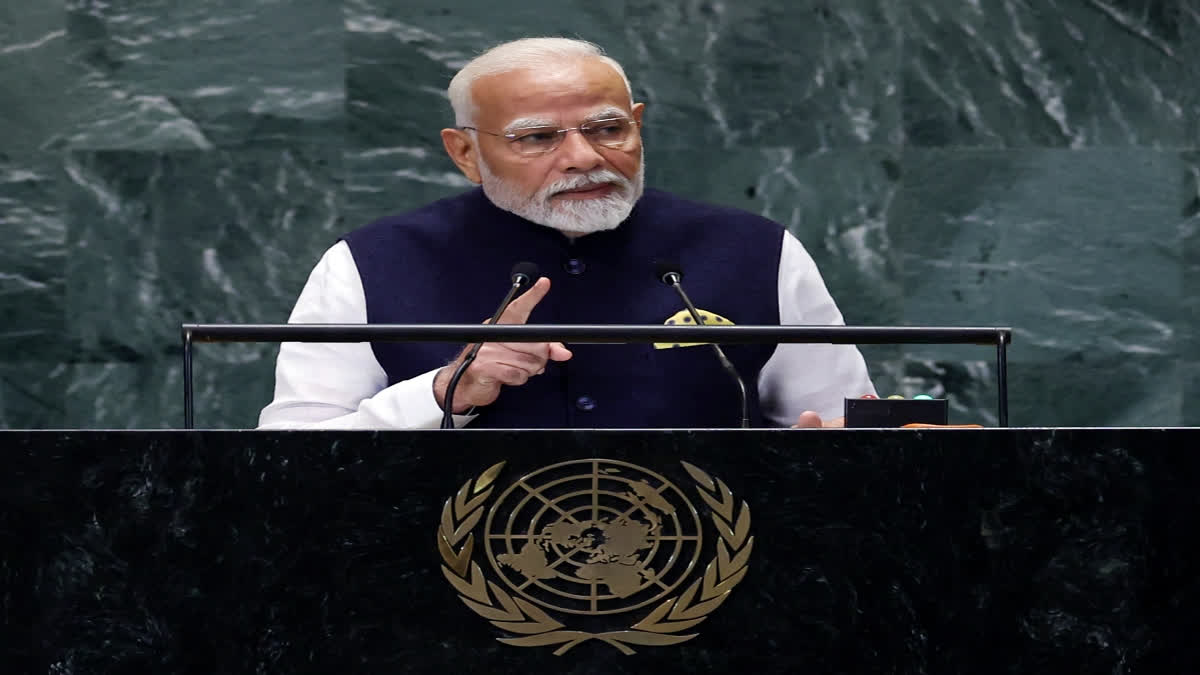"Do not think that we did not anticipate the ouster of the Hasina government. We are not so clueless as we have been projected in the media?," claimed a senior Indian government official. If the New Delhi government indeed knew about the impending change in Dhaka then what did New Delhi really do?
"There is nothing that we could do except allow the change to take place," explained this official. He did not really give reasons on many whys that emanated out of his submission, but visibly there is no real panic in New Delhi after an ally was violently overthrown. Instead, there is a quiet confidence in Delhi’s corridors of power that believes that Bangladesh cannot really move away from India. There is aggression when they claim--"What can Dhaka really do without India? Its rising per capita GDP, which is more than that of India was not possible without supplies of critical inputs from India."
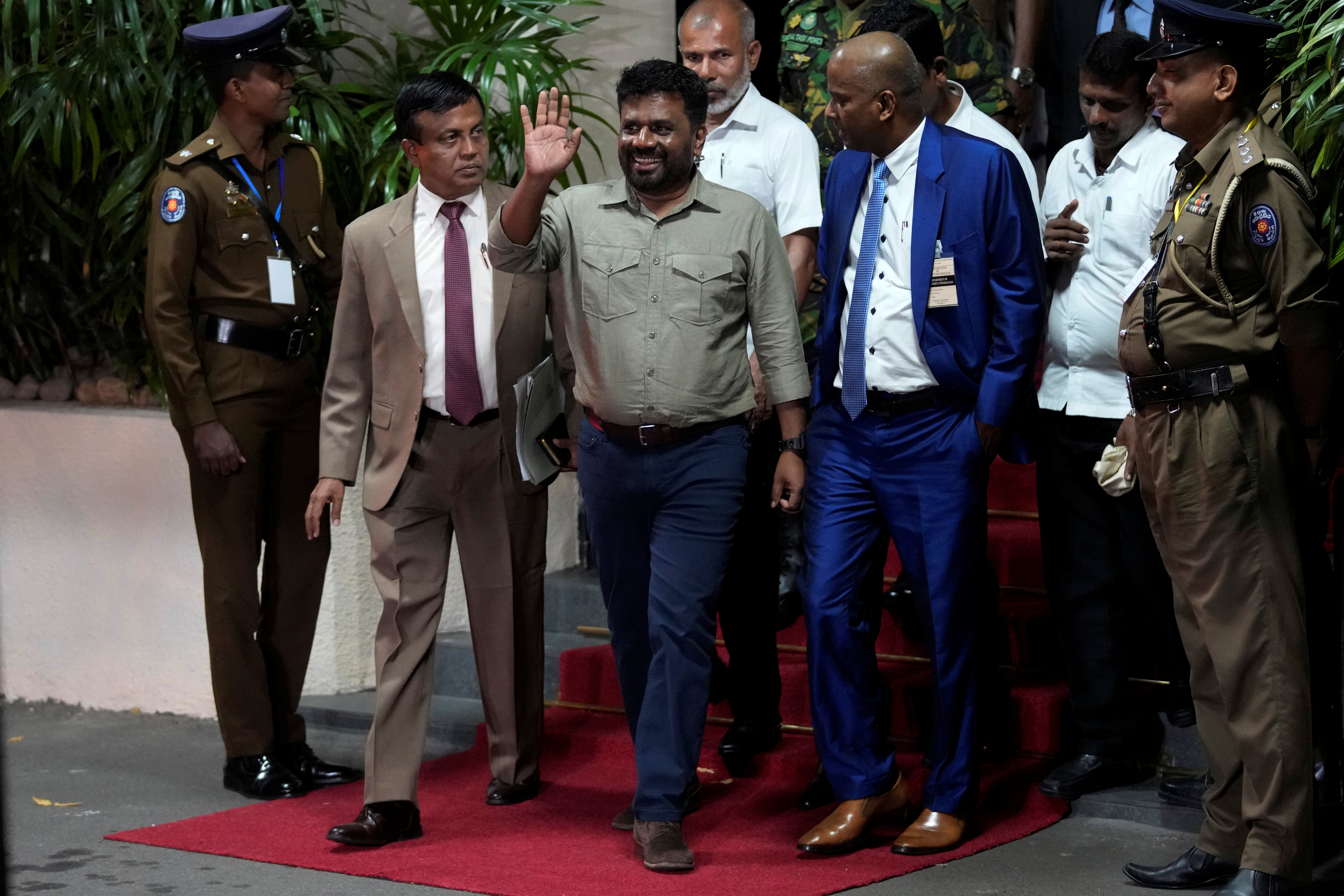
This thesis is being challenged not just in Bangladesh, but also in Sri Lanka and Nepal where their governments are challenging the insertion of Adani in the economic engagement.
Such hubris notwithstanding, the fall of Hasina is being perceived as a setback for India’s influence in the South Asian region. Countries of the neighbourhood do not really subscribe to the belief that it's India that is still calling the shots in the region. In Kathmandu, for instance, which was in the arc of influence of India till a blockade in 2015 by India in its endeavour to teach the government of Prime Minister Oli antagonised ordinary Nepalis.
Thereafter, it has not been the same again. Ask a Nepali who knows the dynamics that prevails in the country and he or she would not shy away in asserting that in the hierarchy of influence, India is behind the United States and China. In recent times, though, China is also not displaying its aggressive wolf diplomacy in trying to overwhelm the host nation, still, Nepal looks up to Beijing for many things.
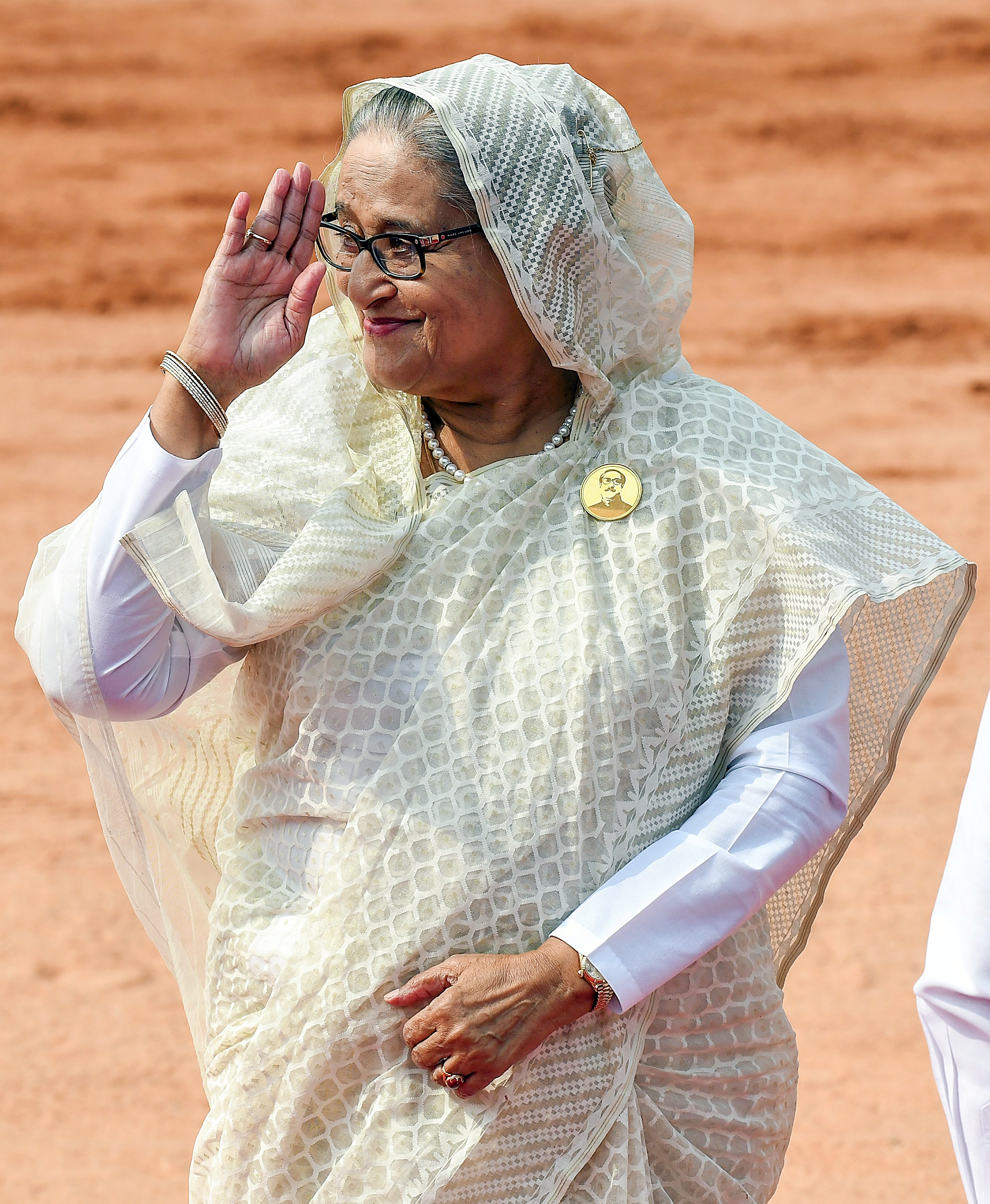
Worst, the Maoists who have been in power ever since the country’s monarchy was overthrown, still believe that New Delhi is trying to turn the erstwhile Himalayan Kingdom into a Hindu nation. Due to this reason, many believe, the mothership of the Bhartiya Janata Party (BJP), Rashtriya Swayamsevak Sangh (RSS), is very active here. Many sources claim that all the funds are directed by Indian government agencies into Nepal through RSS.
Many believe that the US is not averse to the RSS as it helps in the larger objective of reining in the communists. Though the Nepali Maoists have lost their colour and bite in their effort to be in power with the help of either, China or India, they are still perceived to be close to Beijing's communist party. In Kathmandu, it is common to hear accusations against the Indian government for pushing the Adani group to take over its China-built airports like in Lumbini and in Pokhara, which have been starved off international flights as India has not given overfly permission to them. Once Adani takes over, the Nepal government feels its problems to activate the aviation sector will lessen as Lumbini and Pokhara would start getting many pilgrims.
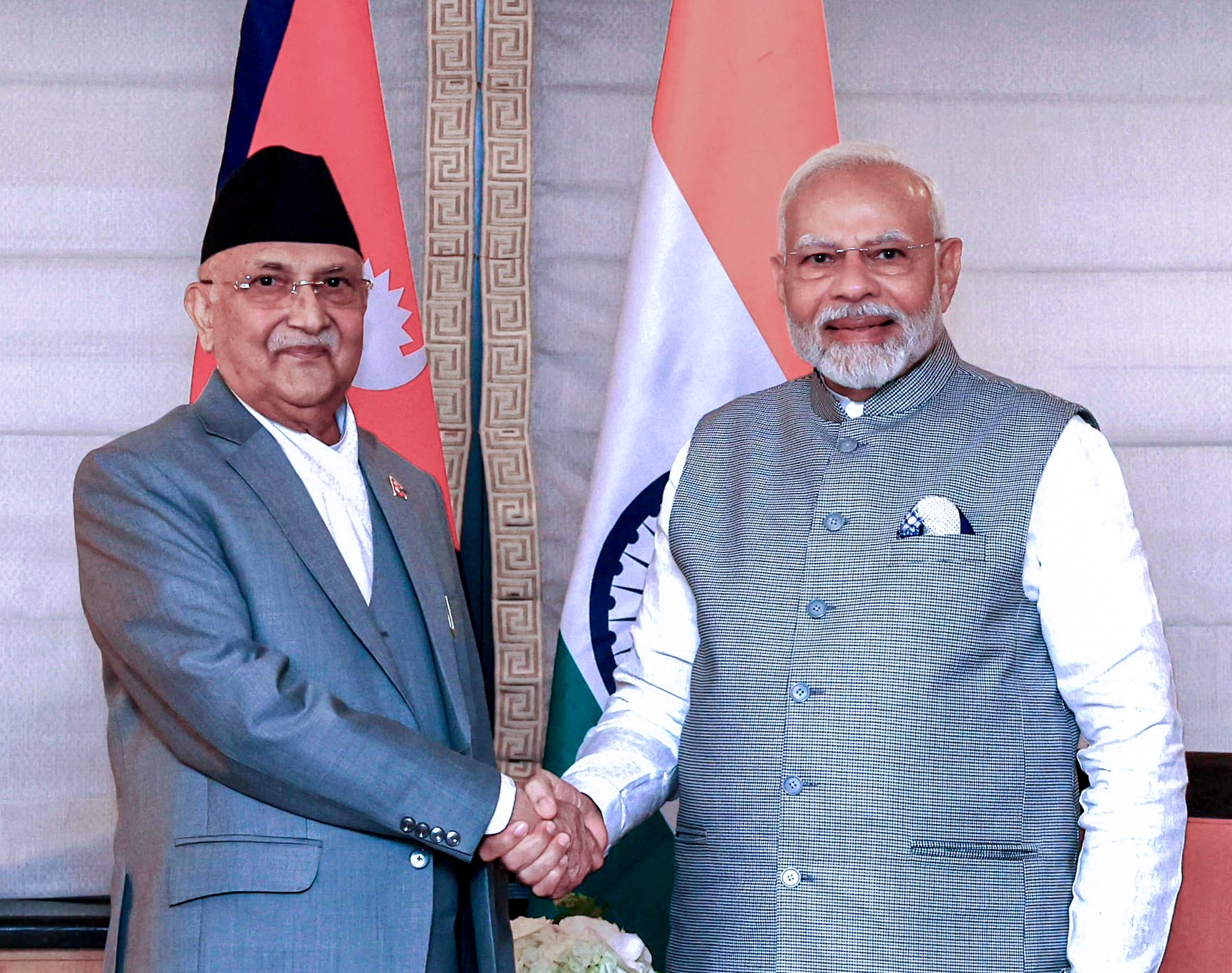
Though the Kathmandu airport would get some sheen if the Indian business group takes over, there is growing resentment all over the sub-continent over how Adani's have become an important component of India's neighbourhood policy. The blow-back is showing up in Sri Lanka where a new Marxist government has come to power for the first time since its independence.
The new Executive President of Sri Lanka, AK Dissanayake, has promised to throw out Adani's wind energy project. He represents the Janata Vimukthi Perumena (JVP) that was opposed to India and was accused of indoctrinating the naval rating for trying to hit the late Rajiv Gandhi with the butt of a rifle during the parade. In the past, they have been accused of wheeling out those who self-immolated themselves against the government of Sri Lanka. In recent months, Dissanayake had visited India, assuring South Block that he is not the Marxist of the yore and he could well be like Prachanda or Oli of Nepal, who do not take India and democracy as enemies. To further mollify many of those who think his atheism could undermine the control the Buddhist clergy has over national politics, Dissanayake also visited a Buddhist shrine.
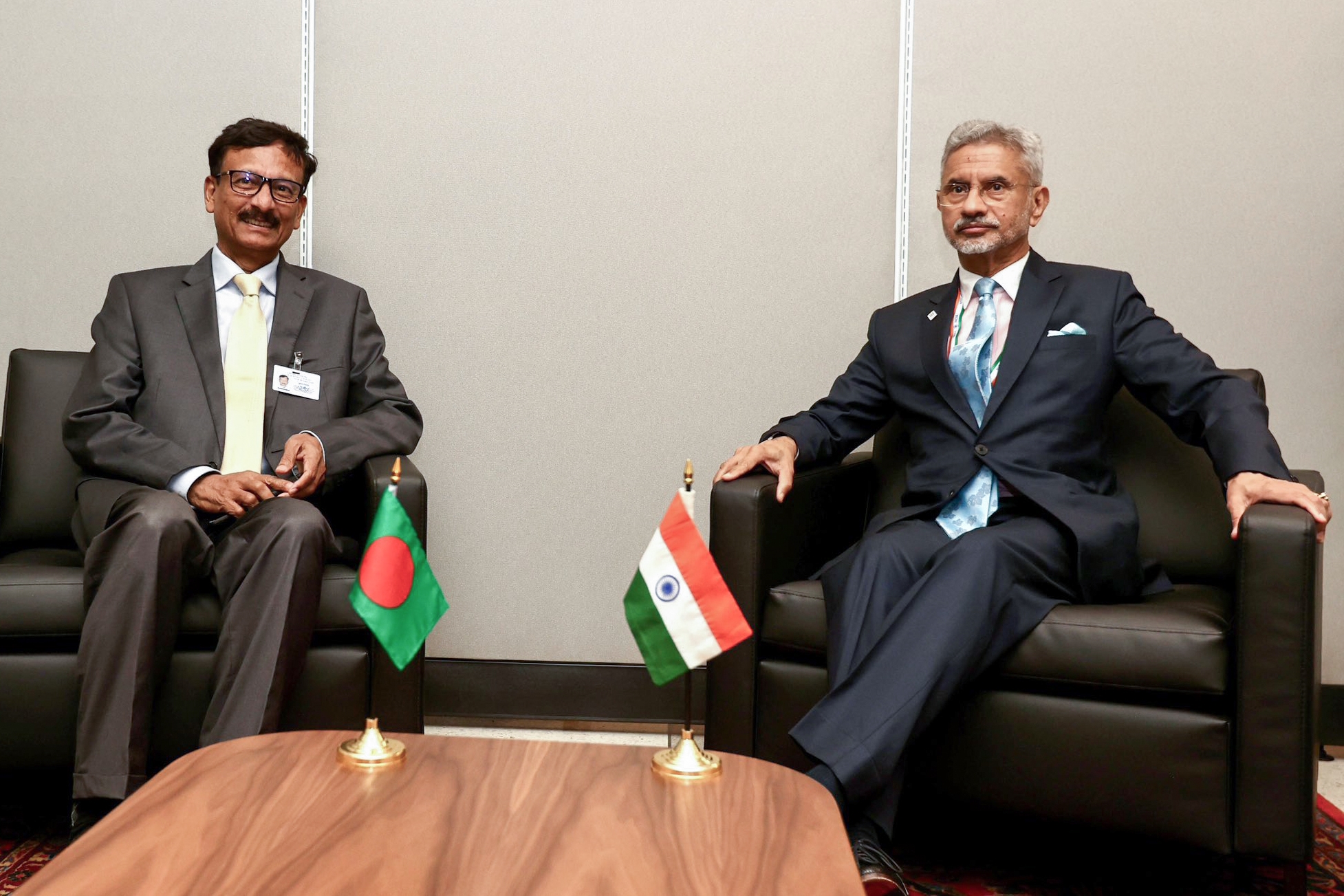
Like Bangladesh, Sri Lanka, too, cannot really do much in sorting out its huge economic problems without the support of India. Couple of years ago when it had been walloped by a cataclysmic crisis, Indian government had come to the island nation's rescue. That help from India may not have been forgotten, but the Sri Lankans do not want to lose their sovereignty due to their economic troubles. In fact, their economic troubles began due to the unpayable loans that the government of Mahinda Rajapakse took from China. Colombo could not service the debt accentuated by a difficult external environment that put brakes on the island's tourism. Dissanayake would like a benevolent India to help the country in crisis but may find it difficult to reconcile to the demands that may be made on his government.
Much of how India handles its troubled neighbours would also help in projecting whether New Delhi has been able to rise above its insecurities stemming from Pakistan. Indian government has to take a difficult decision in the coming weeks as it has to decide whether it should attend the Shanghai Cooperation Organization (SCO) summit to be held in Islamabad, Pakistan on October 15-16.
If India attends the Islamabad summit, then it would not only be an important event in New Delhi's attitude towards its neighbours but also show its ability to practice strategic autonomy by attending the China-Russia centric SCO after participating in the US-led Quad summit at Wilmington, United States.
(Disclaimer: The opinions expressed in this article are those of the writer. The facts and opinions expressed here do not reflect the views of ETV Bharat)
